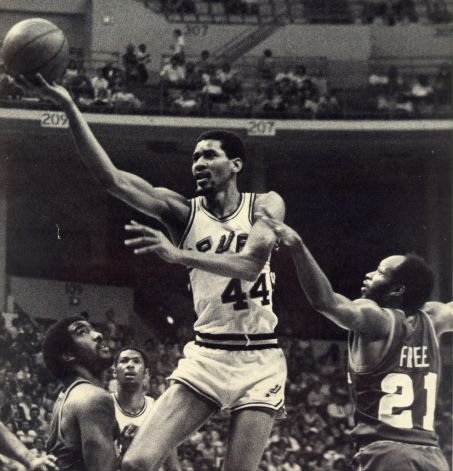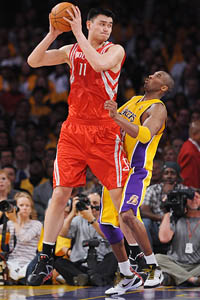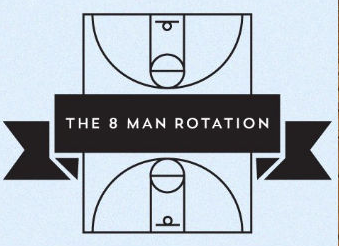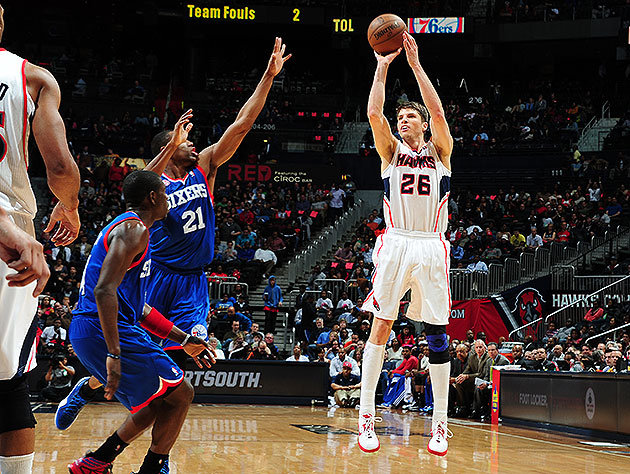Prepare to be disappointed
The full title of this post really should be 'Prepare to be disappointed: The 2014-2015 New York Knicks', but I wanted to at least try not to scare away any potential readers, particularly ones that get tired of the 8 Man Rotation 'Sports and HR' posts.
I promise this post isn't really about the Knicks or sports, not completely anyway.
The backstory:
I arrived back home at HR Happy Hour HQ at about 7:55PM ET last night and realized that it was about 5 minutes before the tip off time for the Knicks, (my favorite NBA team since forever, my favorite holiday picture from my childhood features a 5 or 6 year old me sporting New York Knicks pajamas that Santa had bestowed), who were matched up against the New Orleans Pelicans, (not a very good team, but better than the Knicks, much like just about every other team so far this year is better than the Knicks).
As I quickly gathered up some snacks and a needed beverage, scurrying to be in my favored easy chair for the start of the game the thought that popped into my mind was that all I was really doing was preparing to be disappointed - the Knicks are one of the worst teams in the league and have lost a number of close games recently, the kinds of losses that really sting for longtime fans (and I suppose the players too). Heading into last night's game, there was no logical reason to expect the Knicks would be able to defeat the Pelicans, I didn't think they had much of a chance anyway, so all I was doing by planning my evening, (partially), around watching the game was really just preparing to be disappointed by the eventual Knicks loss.
OK, that was a lot of nonsense about basketball to get me to the point, so here goes.
I have ceased letting Knicks loss after loss bother me. Sure, I would rather they were better, I would enjoy more frequent wins. But I get that this is not going to be a very good year for them. And so as a hedge against the Knicks stumbling and bumbling, I have adopted the much better (and much more fun to watch), Atlanta Hawks as my proxy team for the season.
The Hawks have a solid winning record so far this season, play an upbeat and entertaining style of basketball, and, importantly, have never been a significant or hated rival to my Knicks. They have always just been another team in the league, so supporting them is not really traitorous to my team, but rather serves as a way for me to keep invested in something I enjoy, (NBA basketball), while not allowing the terrible Knicks team to ruin the overall experience of the sport.
So now the point (no one has kept reading until this point I am thinking).
The Knicks, and there relentless way of disappointing me and their other fans probably represent a lot of our real lives too. Jobs that we really can't stand. Managers that are always on our cases. Co-workers that let us down, (at best), or stab us in the back (more likely). Significant others that just seem to do the same annoying things over and over again. And if you have kids, well, I don't need to delineate all the ways they manage to exasperate, frustrate, and yes, even disappoint us.
How do we deal with all that, with all that disappointment?
I think we have to find the version of the Atlanta Hawks in all these varying situations.
The part, even if it small or insignificant, that is pretty reliably positive. The element that we can latch on to in a bad situation and take something positive from.
There is something about your crappy job that has value. Your slacker boyfriend probably takes good care of your cat. There is likely at least one person amongst the clowns you work with from which you can learn something.
This isn't about seeing the bright side in a given, bad situation, it is about seeing a different side.
I am stuck supporting the terrible Knicks because they are my team. But I can still take enjoyment from the Hawks, (up until they play the Knicks), without being a traitor.
And you can find something to love about your job while not betraying your very real hatred for it.
Ok, that is it, I am out.
Note: It is halftime of the Knicks-Pelicans game. The Knicks are only down by 2. Maybe I won't be disappointed after all.

 Steve
Steve



